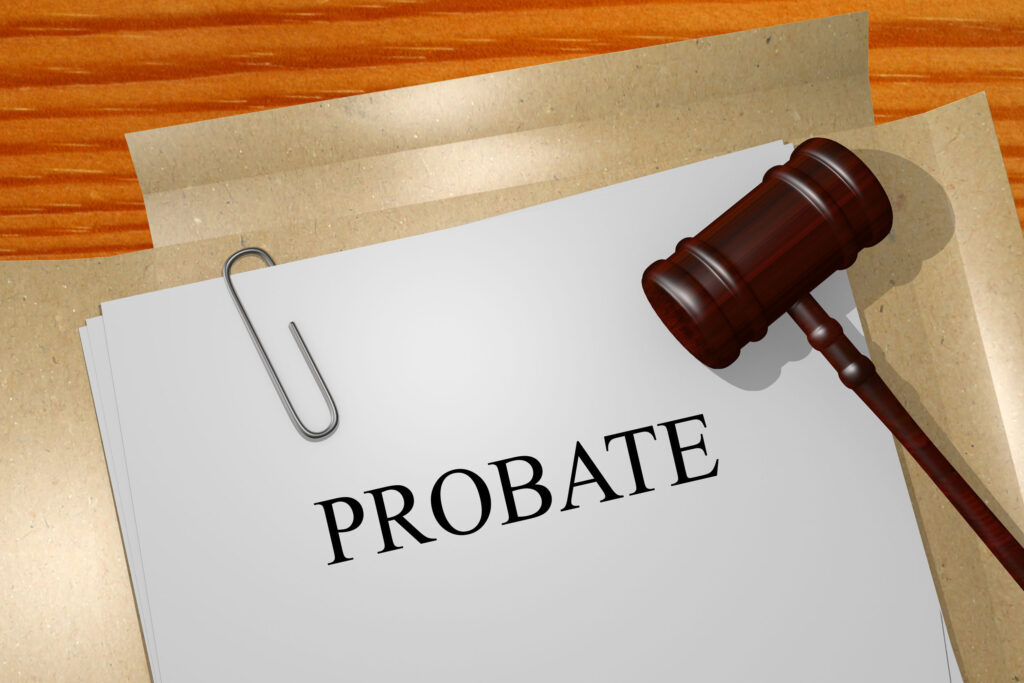Executor duties in Oklahoma probate consist of much more than we normally think. Losing a loved one is painful. And now your loved one’s estate is going to probate court. There is all this talk about executors and administrators. Because you’re grieving, much of it is going over your head. Maybe you’re wondering whether there’s a difference between the two and whether you need either one. But don’t worry. If you’re wondering why you’ll need an executor or administrator and the executor duties in Oklahoma Probate, we’re here to tell you why.
Executor Duties
If your loved one dies, they might leave behind a will. If there is a will, then the people who’ve survived (outlived) your loved one are its heirs. You might think that this sounds simple enough. If there’s a will, shouldn’t everyone know who’s getting what, and shouldn’t the state just let you all take what’s rightfully yours? Unfortunately, it’s simple, but it’s not that simple. Regardless of whether there’s a will, a probate court will still have to oversee your loved one’s estate. A probate court and estate planning ensures that your loved one’s belongings, assets, and inheritances are managed properly.
But before the probate court gets ahold of the will, one critical trigger must happen first. An executor must file the will with the probate court and give people a chance to challenge the authenticity of the will. In Oklahoma, a person must meet specific requirements before becoming an executor:
- must be 18 or older
- cannot be convicted of an infamous crime and
- must be found competent to fulfill this role
Naming an Executor or Administrator in Probate
Sometimes, the decedent names an executor in their will. If that person doesn’t meet the requirements, however, another person must step forward, and a judge must verify that this person is qualified. After an appropriate executor is named, they will file your loved one’s will, pay any statutory and state taxes, and correct any debts on the estate. Most of all, they will guarantee that the decedent’s wishes are followed to a T.
These are reasons why you need executors for probate courts. The responsibility is enormous, and the receipt of your inheritance is on hold until an executor is named. Executors exist for the sake of your protection. This is the same reason that there are experienced, knowledgeable probate attorneys in Oklahoma.
Administrators Duties in Oklahoma Probate
If your loved one dies without a will, then you’re a legatee of their property—not an heir. As stated previously, a probate court will oversee your loved one’s estate. Only now, you’ll need an administrator instead of an executor. Administrators must meet the same requirements as executors. But be forewarned that intestate laws are more complex regarding who can be an administrator. There is an order of priority on who gets first dibs, starting with the surviving competent spouse and ending with anyone competent after creditors.
Once named, an administrator’s role is to guarantee that the probate court follows Oklahoma intestate laws. Legally speaking, an administrator is responsible for the same tasks as an executor. They will assist the probate court in overseeing the transfer of titles, fixing any debts, paying taxes, and seeing that you get what’s yours.
Tulsa Probate Attorneys Near You
If you have any questions or concerns regarding who should be the executor or administrator of your or your loved one’s estate, then reach out to our team of Oklahoma estate planning attorneys now. Call Kania Law Office today at (918) 743-2233 or contact us online for a free consultation.
Tulsa's Local Lawyers
 Are you looking for Tulsa attorneys who will fight aggressively for you? Our team of attorneys have the experience needed in Oklahoma law to secure the outcome you deserve.
Are you looking for Tulsa attorneys who will fight aggressively for you? Our team of attorneys have the experience needed in Oklahoma law to secure the outcome you deserve.
Call us today for a free consultation 918-743-2233 or contact us online.


